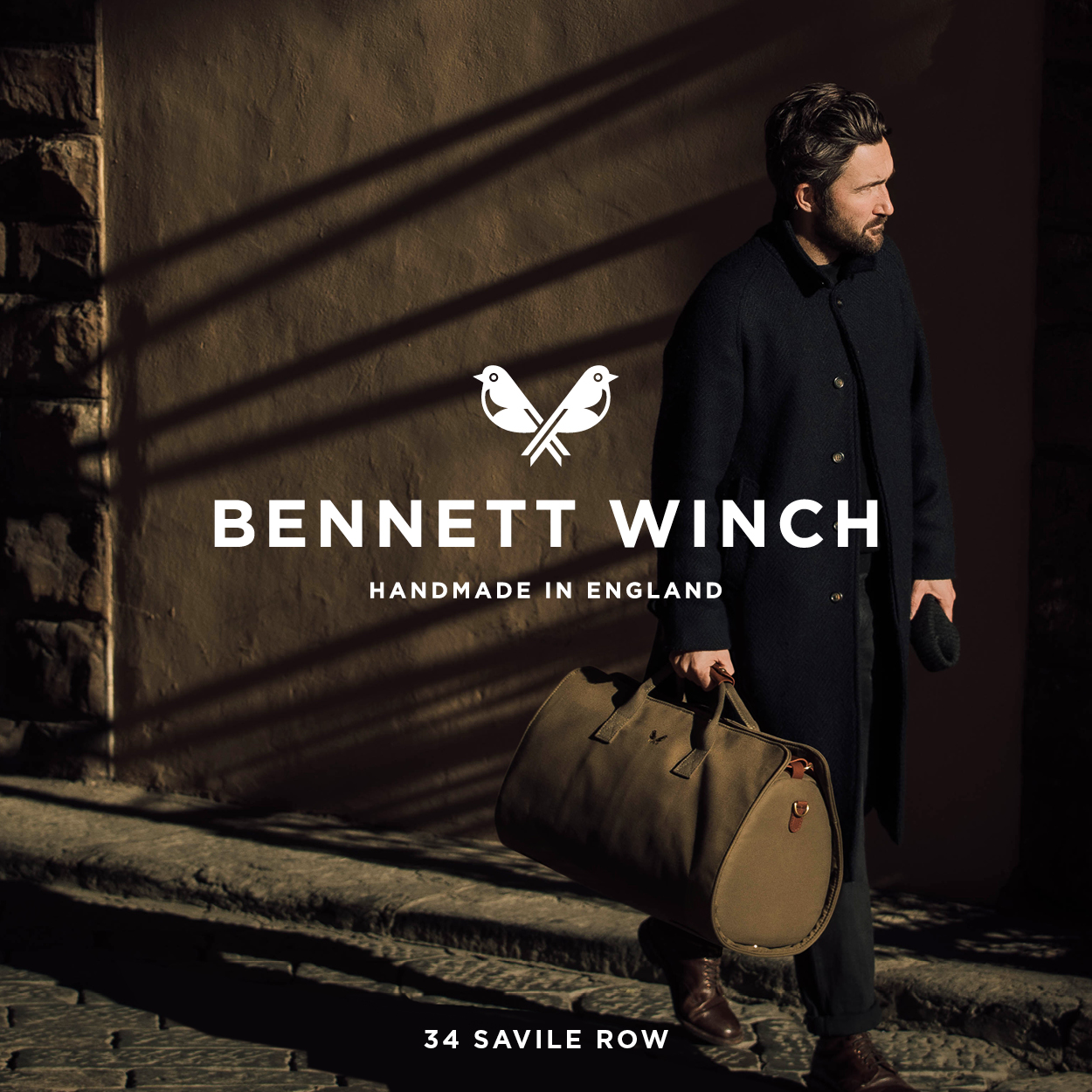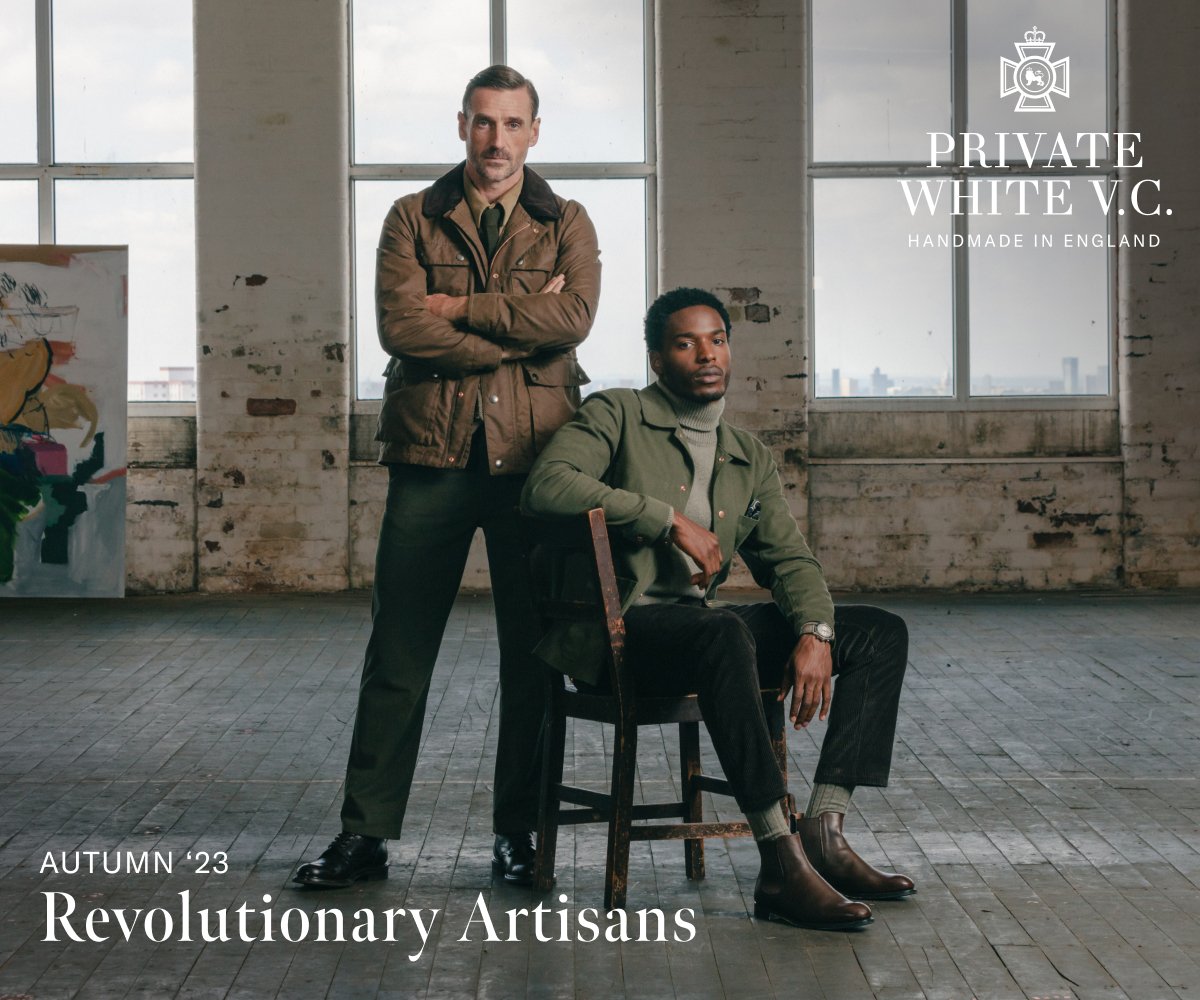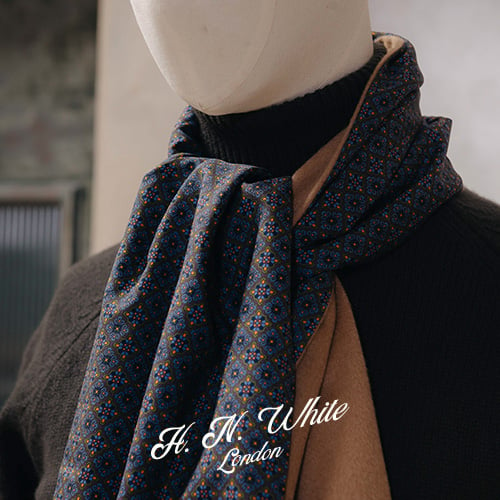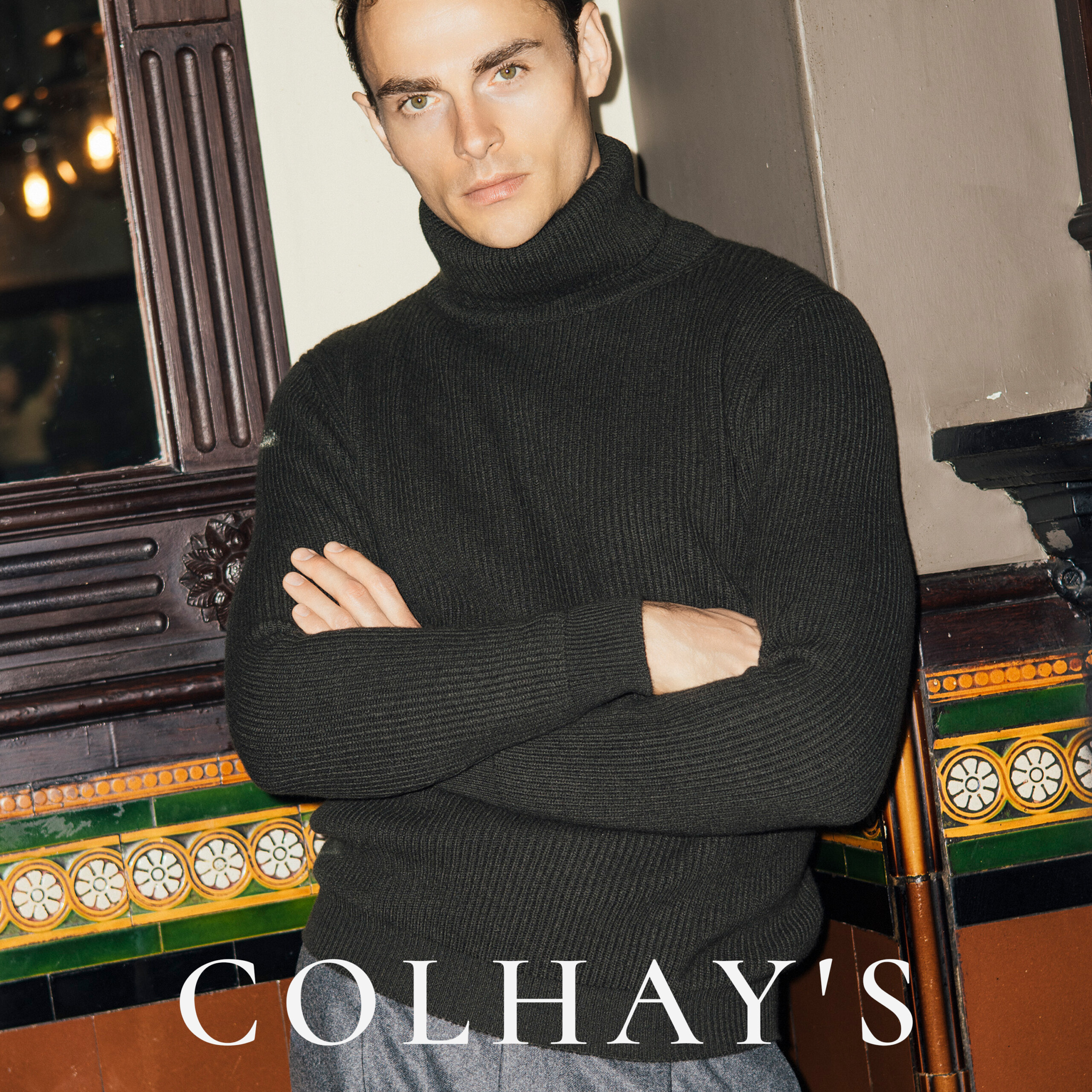Continuing the theme of dressing as costume, the constraints of one’s job can often make one into a stereotype, especially if one works in the more traditional industries or political offices of older institutions.
A lovely example is found in the autobiography by Donald Hawley, a long-standing member of the British Foreign Office who was Head of Chancery in Cairo during the Nasser epoch and in Lagos when Nigeria fell apart following the coup in 1966.
While discussing the messengers that channelled information from one department to another, (one character called Archie was “not only a wholesale purveyor of unsolicited information on when Chelsea would play at home but also apt to reduce girls momentarily to tears by a bizarre proposal of marriage”) he lays out the requirements of dress in the Foreign Office:
“Dress was formal and the majority of men wore pinstripe trousers and black jackets rather than dark suits, though both were permissible. Everyone wore a stiff collar and outdoors a bowler or Homburg hat and rolled umbrella were de rigueur.” It’s easy to see how the foreigner’s stereotype of the smart, conservative Englishman was built up isn’t it? In fact, the impact of that stereotype is explained in the next sentence:
“I always wore a bowler until 1975 when an American in St James’s Park asked me as a ‘real Englishman’ [as if there were lots of impostors walking around trying to fool tourists!] to pose for a photograph. Balking at becoming a tourist attraction I gave it up.”
The same paragraph gives some correction to the style historians that claim differing parts of the same outfit would never be worn together:
“Half the staff of every department worked on Saturday mornings but everyone wore a country suit on that day of the week. Wearing this and a bowler hat we looked like Army officers and were often saluted smartly by confused sentries if we happened to walk through the Horse Guards Arch [being the entrance to the Horse Guards building close to Buckingham Palace, where the Household Cavalry amongst other are housed].”
So while you might be mistaken for an officer by parading around in your tweed suit and bowler hat, it certainly wasn’t considered bad form to accompany it with a bowler hat, even in the tradition-riddled Foreign Office. Style isn’t ever as constricted as students of it believe. The rules are never quite as simple as one thinks.


























